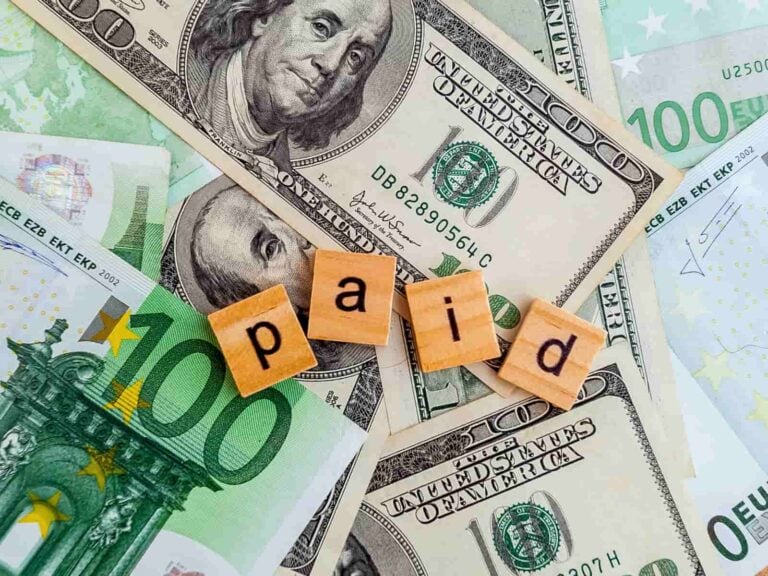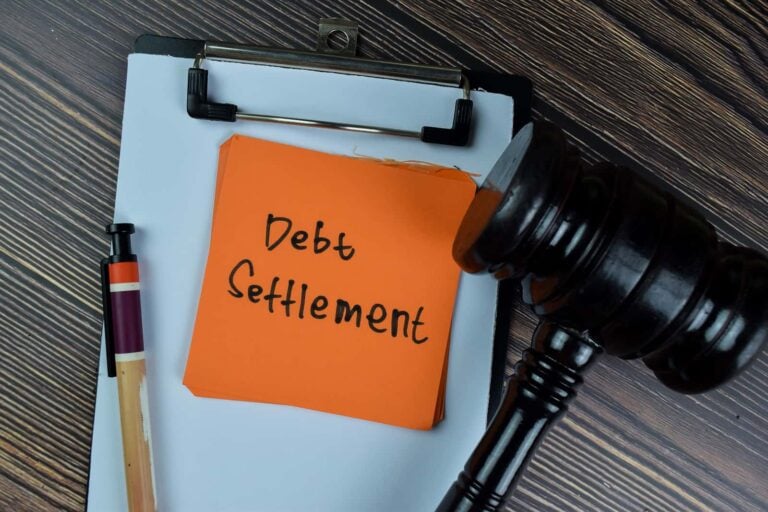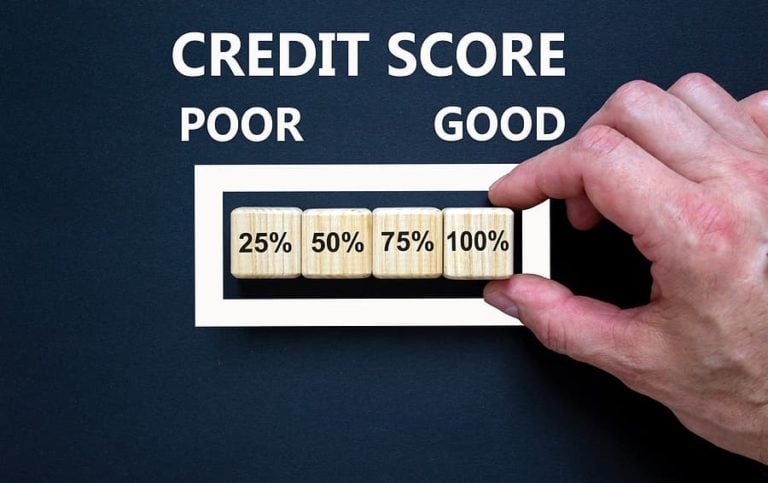2020 has been a year like none other in our lifetimes, as the COVID-19 pandemic has impacted day-to-day life for virtually everyone around the world. Young, old, male, female, sick, healthy, rich or poor – we’ve all been affected.
Beneath the surface of staying safe and patiently waiting things out while socially distancing and spending more time than ever at home, many individuals and small businesses are struggling financially – and often through little fault of their own. Maybe you already had too much debt and were pulling off a difficult balancing act prior to the pandemic.
Maybe your business has slowed down since; maybe you’ve lost your job or had your hours cut back. Regardless, if you find yourself with your back against the wall – or edging closer to it – you’re certainly not alone and there is little shame in pursuing debt relief options. Were you affected by COVID-19 and need financial help? Learn more about loan and payment relief options available.
Loan and Payment Relief Options During COVID-19
A number of loan and payment relief options have been made available as a result of the COVID-19 pandemic. Both the Federal Government and many financial institutions have implemented loan and payment relief options for people who are concerned about their financial security.
With over 26.5 million Americans claiming unemployment benefits for the week ending Sept. 12, 2020, many unemployed individuals are relying at least partially on borrowings for day-to-day living expenses, with some asking the question, “Can I get a small loan with no job?” Fortunately, in some cases, the answer is yes. Many lenders now offer low-rate “small dollar” loans to help consumers who are suffering through financial hardship.
Credit Unions are an excellent place to start, as they have a history of helping members through difficult times with small dollar loans through products that include open-ended lines of credit, closed-end installment loans and structured single payment loans.
Even borrowers with only fair credit (FICO scores below 630) stand a reasonable chance of being approved for a consumer-friendly loan with a relatively low APR and more flexible terms than those afforded by a traditional bank. Meantime, if you are a resident of Delaware, Florida, Massachusetts, Illinois or Rhode Island, Capital Good Fund offers Crisis Relief Loans of up to $1,500 with a 5% APR and deferred payments for the first three months.
Meantime, if you’re still employed, Salary Finance provides loans of up to 20% of an employee’s salary for up to three years at APRs as low as 5.9%.
When it comes to payment relief programs, many financial institutions have announced payment relief programs that include temporarily lowered interest rates, a temporary reduction in monthly payments, waiving of late fees and other finance charges and additional accommodations to help impacted customers cope with financial hardship.
For links to a number of banks, credit card lenders, mortgage lenders, personal loan lenders, auto loan lenders, as well as insurance and utility service providers who have offered payment relief options during COVID-19, consult with lists compiled by Experian.
Coronavirus Disaster Relief Options
As a result of the COVID-19 pandemic, the Federal government has implemented a number of measures related to Coronavirus disaster relief.
There have been payment relief programs, along with new policies and guidance issued related to making mortgage payments, paying taxes and repaying government issued loans. The Coronavirus Aid, Relief and Economic Security (CARES) Act expanded unemployment benefits and funded stimulus payments while providing other forms of relief for individuals and small businesses financially impacted by COVID-19 that include modified credit reporting to protect FICO credit scores during the economic downturn.
The U.S. Small Business Association (SBA) continues to distribute funding to small businesses under the CARES Act, while the IRS previously extended the tax deadline and aided in processing $1,200 stimulus checks to individuals. Meantime, the FDIC continues to recommend that bankers work with consumers who have been financially impacted by the pandemic, encouraging various forms of payment relief options.
Under the CARES ACT, the Paycheck Protection Program (PPP) provided federally guaranteed loans intended to aid businesses in keeping their employees on payroll. Additionally, the Small Business Debt Relief Program is covering all loan payments – including principal, interest and fees for six months – on non-disaster related SBA loans.
Furthermore, Economic Injury Disaster Loans (EIDL) and Emergency Economic Injury Grants are providing emergency advances of up to $10,000 within three days of filing an application.
Mortgage Relief Options
Under the CARES Act, there are now two protections for homeowners with Federally or Government Sponsored Enterprise (GSE) backed mortgages – including FHA, VA, USDA, Fannie Mae and Freddie Mac loans.
The CARES Act prohibits lenders from initiating any foreclosure proceedings or from finalizing a foreclosure or sale until at least December 31, 2020.
Furthermore, individuals who are experiencing financial hardship as a result of the pandemic have the right to request and receive forbearance for a period of up to 180 days, during which payments do not have to be made, and this can subsequently be renewed for an additional 180 days. During the forbearance period, there are no additional fees, penalties or interest (although typical scheduled interest expense on the loan will accrue.)
This pausing of mortgage payments during the forbearance period is a welcomed form of coronavirus disaster relief for struggling homeowners who file a claim of pandemic-related financial hardship with their loan servicer. All missed or reduced payments must still be repaid in the future, but forbearance does provide a grace period that helps affected individuals regain their financial footing.
Contact United Debt Settlement to learn more about Loan and Payment Relief Options During COVID-19. Give us a call at (888-574-5454) or fill out our online contact form.
About the Author: Steven Brachman
Steven Brachman is the lead content provider for UnitedSettlement.com. A graduate of the University of Michigan with a B.A. in Economics, Steven spent several years as a registered representative in the securities industry before moving on to equity research and trading. He is also an experienced test-prep professional and admissions consultant to aspiring graduate business school students. In his spare time, Steven enjoys writing, reading, travel, music and fantasy sports.

Gabriel Gorelik paves the way for customer service and operations at United Settlement. He is passionate about numbers and holds a strong belief in helping anyone with their debt. Before United Settlement, Gabriel received his BS in Finance & Economics from Brooklyn College. After graduation, Gabriel went on to build his first financial services company where he managed thousands of accounts for business and consumer clients. He understands the importance of client satisfaction, professionalism, and exceeding expectations.












